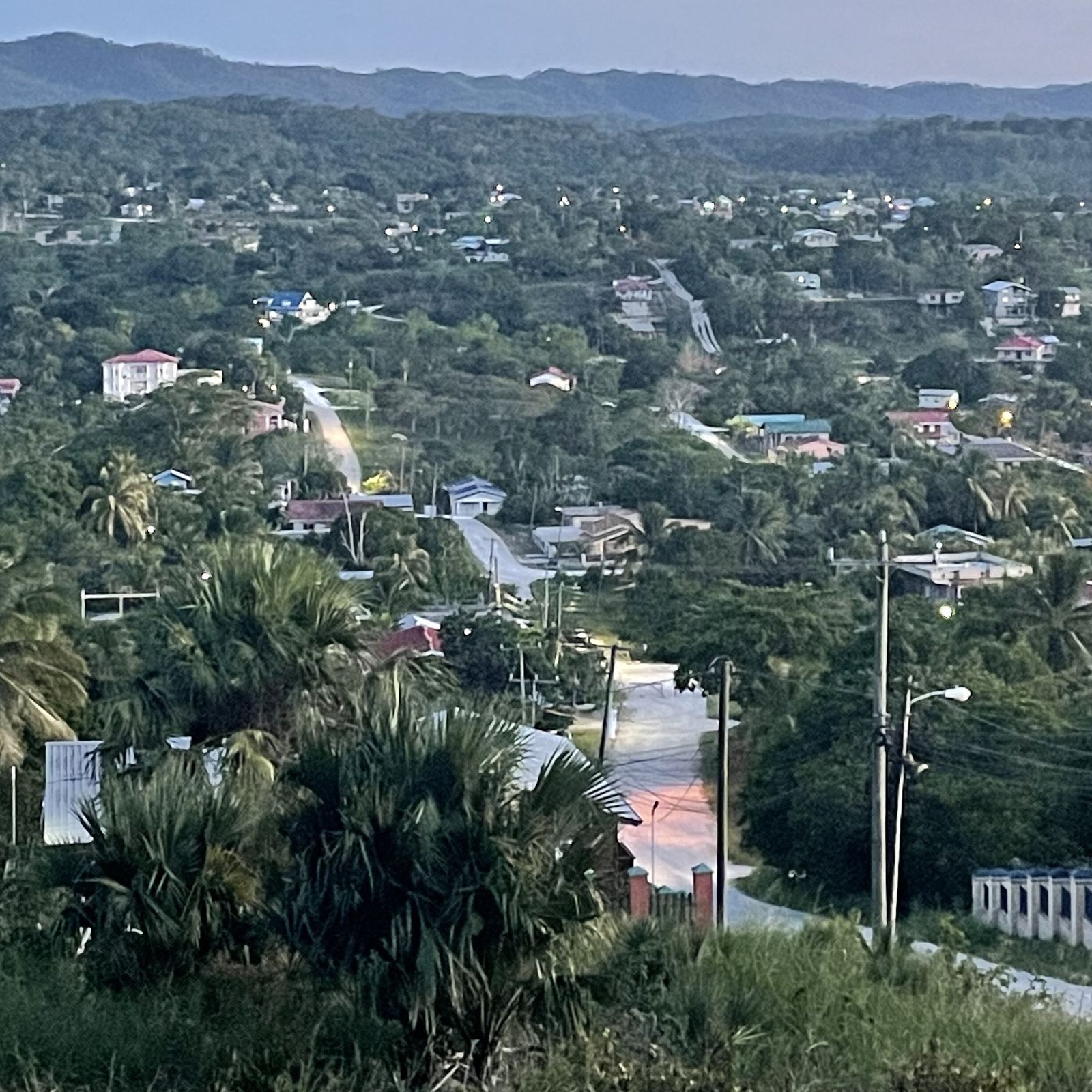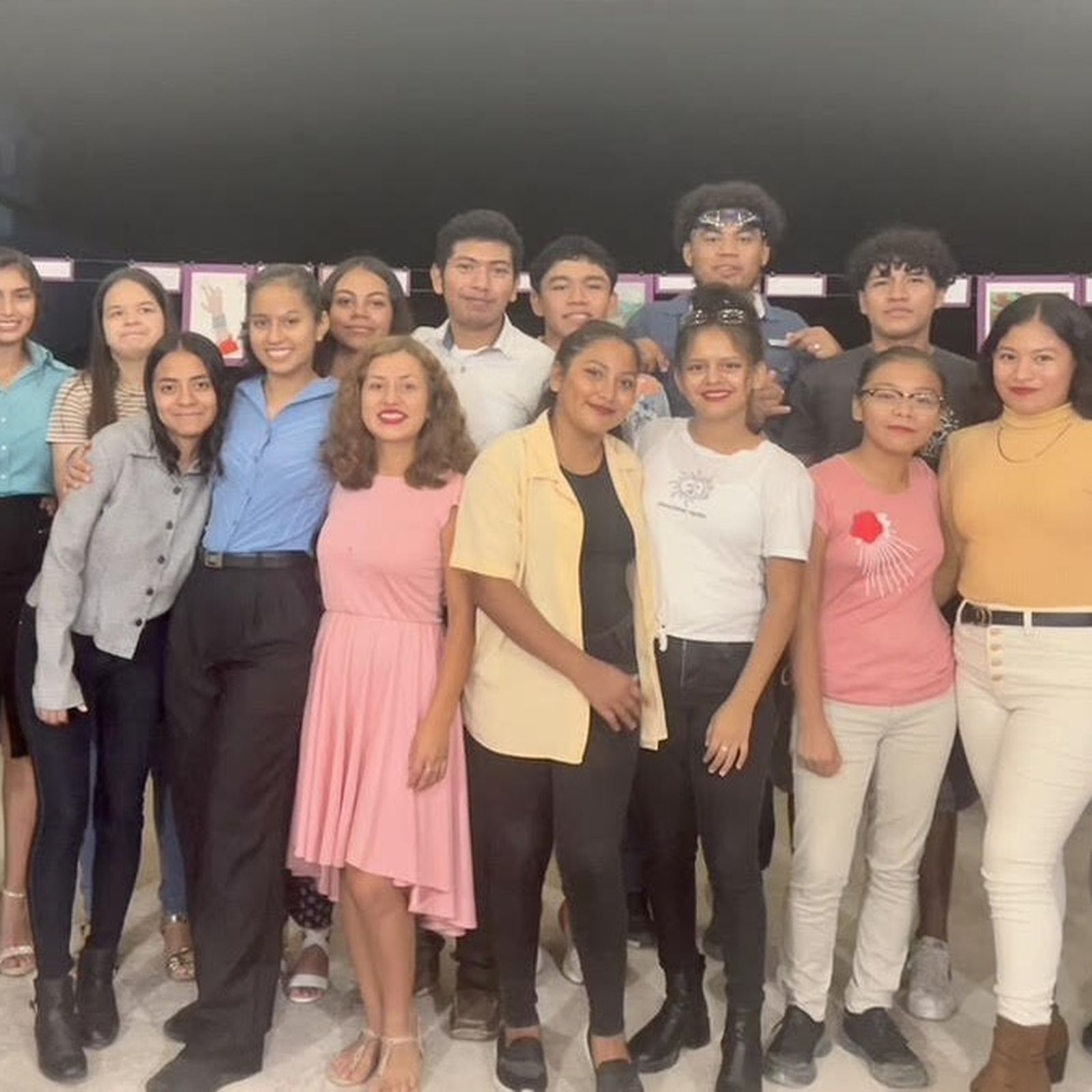STERLING HEIGHTS — In June a year ago, Paul Manuszak, an all-state lacrosse player at Warren De La Salle and all-conference at the University of Detroit Mercy, was inducted into the Catholic High School League Hall of Fame.
He shared the news that he was pausing a career in chemical engineering to pursue a notion nagging at him for some time: to do “something like missionary kind of work, but faith based.”
The job description of a volunteer missionary — leaving home for a time, discovering a unique and different culture, living in community with others who are also seeking to make a radical gift of their lives — was the answer to Paul’s quest “to help me realize what God wants for the rest of my life.”
Paul made a one-year commitment to the Society of Our Lady of the Most Holy Trinity (SOLT), a missionary community of priests, consecrated nuns and brothers, and volunteer laity serving missions in the United States, Central America, Mexico and the Asia-Pacific region.
His adventure started two months later after an eight-hour flight to Belize — at 442,000, the least populated country in Central America — and a bumpy two-hour, 81-mile ride to SOLT’s mission at Benque Viejo del Carmen, a town of about 6,500 on the border with Guatemala.
Paul was among 30 volunteer missionaries. Twenty were assigned to Our Lady of Mount Carmel High School with 450 students, Paul and the others to the faculty for 41 students at John Paul The Great College, founded originally in 2013 as Pope John Paul II Junior College.
Paul taught Greek and Roman history to the rise of Christianity and art appreciation in the first semester, geometry and astronomy the second semester. His largest class size was 18 students, the smallest two.

He coached volleyball and track. There are only 12 colleges in Belize. Because of a lack of funds, having regular seasons are not yet a possibility. For each collegiate sport in Belize, there is only one tournament a year. “In effect,” Paul said, “athletes train for a year to compete for one day a year in their sport.”
Paul’s typical Monday-through-Friday schedule started at 7:30 a.m. You didn’t want to miss the bus at 8:30 a.m. for the 15-minute ride up a hill to the college campus. “I walked it a couple of times," Paul said. "It took me a half hour, and in 95 degree heat, 100 percent humidity, I was drenched.”
Classes end at 3:45 p.m., with Mass in Spanish celebrated at 6 p.m. followed by dinner at 7 p.m. Lights out is usually around 11:30 p.m. “Nothing is typical being a missionary in Belize,” Paul cautioned. “There are more days that don’t follow this schedule than days that do.”
He was also involved in organizing events for the college, going on home visits, spending time with students, and participating fully in community events.
The primary language of Belize is English. Paul taught his classes in English. However, nearly everyone in Benque Viejo also speaks Spanish, especially the older generation.
“I had a strong foundation after taking two years of intensive Spanish in high school (at De La Salle). But that was seven years ago," Paul said. "At the end of the second semester, I traveled 10 hours by bus to Antigua, Guatemala, to take three weeks of one-on-one Spanish instruction. I feel like I can communicate with people in Spanish in a variety of conversations.”
“I was blown away,” Paul said, “by the participation of the entire town during the Holy Week processions and events. Catholic tradition is deeply rooted in the culture, but still there remains a lack of understanding and/or acceptance of Catholic teaching in daily life for many outside of Holy Week.”

The transition was “tough,” Paul said, going from living in a comfortable home in Metro Detroit to moving into the house in Benque with seven other guys. “There was no air conditioning, no warm water, poor plumbing systems, unreliable electricity, and an unreliable washing machine — and crawling with tarantulas, spiders, cockroaches, and dengue-carrying mosquitos.”
Paul as well as other volunteers are requested to raise $2,500 toward the cost of lunch, dinners and housing. They each receive a weekly stipend of $22.
“However, I think this was the best thing that could have ever happened to me,” Paul said. “I have completely changed my outlook on life.”
Yet, come January and the question of a second-year commitment, Paul said, “I was almost 100 percent certain I was not going to return. I was kind of homesick and tired of living in poverty. But then different things happened throughout the month that brought my interest level back, of giving it a chance to see if it is God’s will that He would want me to return.
“It happened on St. Paul’s feast day, Jan. 25, his conversion, a change of heart,” he said. “I felt an internal shift on that day. I prayed on it and realized that yes, I did feel called to give it another year. This year went by very fast, getting to know the people and the students. It felt like, ‘Hi’ and ‘Bye.’ With this experience, one more year enables me to do more diverse things with the students. I want to branch out more and do more evangelization in the surrounding small villages.
“I’ve thought about what God wants me to do,” Paul said, “to feel that sense of calm and joy, but I’m still discerning the religious life, especially the Jesuits, and I’m also discerning the path of marriage and returning to engineering.”
Paul has been home for five weeks. He will head back to Belize on July 28. In the fall semester, Paul said he’ll be teaching humanities again, but will add the responsibility for organizing all the events for the college and continuing coordinating athletics and social media.
Contact Don Horkey at [email protected].










